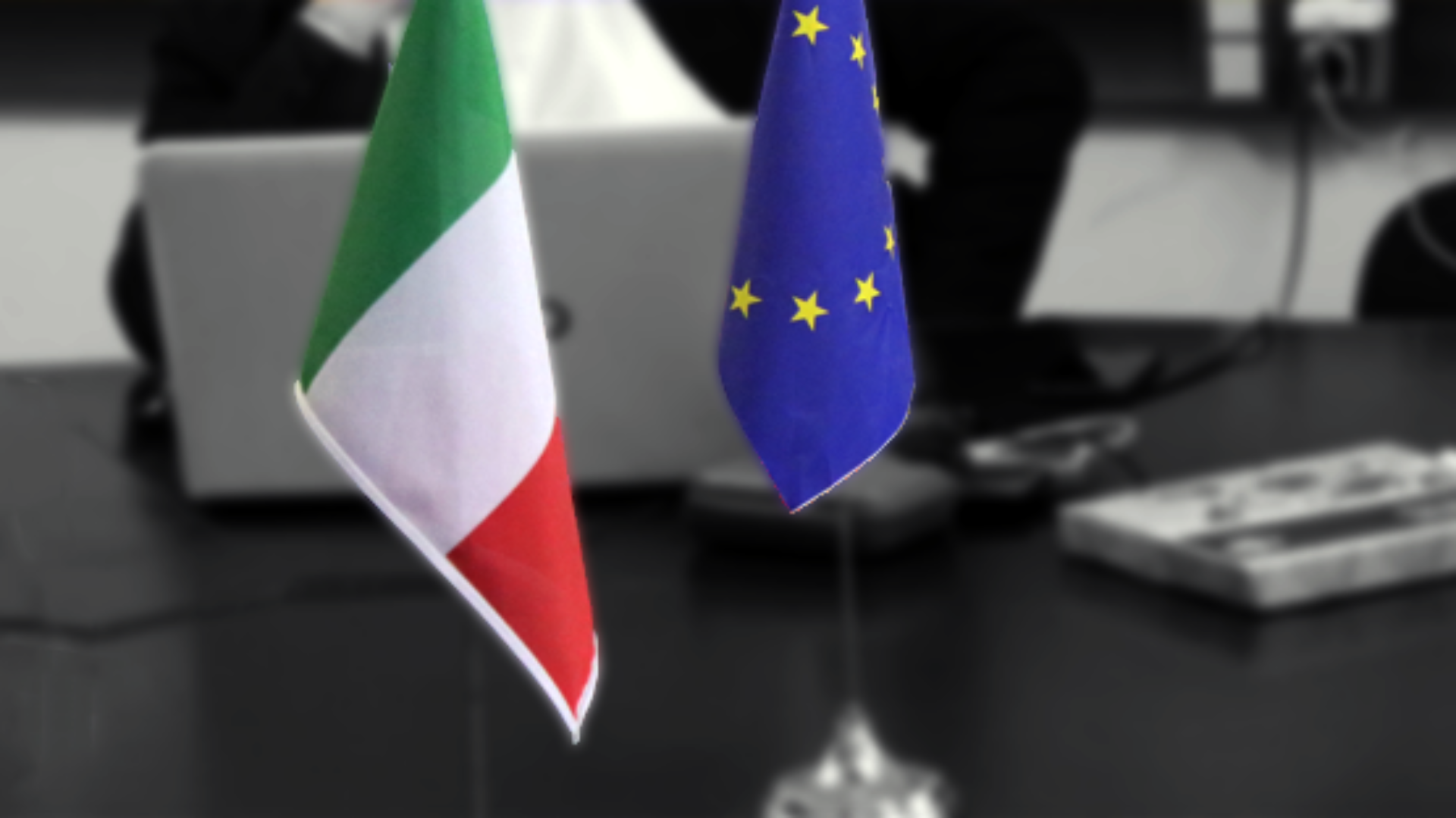Riportiamo di seguito un estratto del comunicato prodotto da “EU Science Hub”, Il sito web principale del Centro comune di ricerca (JRC), il servizio di scienza e conoscenza della Commissione europea, in cui si evidenzia come i responsabili politici, oggi, affrontano questioni complesse, dalle pandemie globali e le sfide geopolitiche, alle crisi energetiche e climatiche e le conoscenze scientifiche possono aiutare i responsabili politici a comprendere, identificare e valutare le opzioni politiche.
Tuttavia, collegare il processo decisionale alla ricerca scientifica non è un compito facile. Le comunità scientifiche e decisionali operano in mondi diversi, con culture, valori, incentivi, linguaggi e scale temporali distinti. Questo è il motivo per cui, per sfruttare appieno i vantaggi della scienza per la politica, sono necessarie connessioni più forti tra scienziati e responsabili politici, nonché interazioni più frequenti e produttive.

Il JRC e la direzione generale della Ricerca e dell’innovazione (DG RTD), con il sostegno della direzione generale del sostegno alle riforme strutturali (DG REFORM), hanno elaborato un nuovo documento di lavoro dedicato al tema “Supportare e collegare il processo decisionale negli Stati membri tramite la ricerca scientifica” (LINK).
Il documento individua la logica alla base dello sviluppo della capacità degli ecosistemi scientifici per la politica, nonché le sfide incontrate nel dialogo tra scienza e politica, evidenziando nel contempo le buone pratiche e gli strumenti dell’UE disponibili a sostegno dello sviluppo delle capacità degli Stati membri nel campo della scienza per la politica.
L’auspicio in ambito DYDAS è di poter favorire, tramite la piattaforma digitale collaborativa realizzata nell’ambito del partenariato LINK, i ricercatori ma anche cittadini, imprese pubbliche e private, ad utilizzare open data e dati chiusi per consentire sempre meglio l’analisi di grande mole di dati.
Promote discussion on better use of scientific knowledge in policies
Below is an excerpt from the release produced by ‘EU Science Hub’, the main website of the Joint Research Center (JRC), the science and knowledge service of the European Commission, which highlights how policy makers today deal with Complex issues, from global pandemics and geopolitical challenges, to energy and climate crises, and scientific insights can help policymakers understand, identify and evaluate policy options.
However, linking decision-making to scientific research is not an easy task. Scientific and decision-making communities operate in different worlds, with distinct cultures, values, incentives, languages and timescales. This is why, to reap the full benefits of science for policy, we need stronger connections between scientists and policymakers, as well as more frequent and productive interactions.

The JRC and the Directorate-General for Research and Innovation (DG RTD), with the support of the Directorate-General for Structural Reform Support (DG REFORM), have developed a new working document dedicated to the theme “Supporting and connecting the in the Member States through scientific research”(LINK).
The paper identifies the rationale for building the capacity of science ecosystems for policy, as well as the challenges encountered in the science-policy dialogue, while highlighting best practices and EU tools available to support Member State capacity building members in the field of science for policy.
The hope in the DYDAS field is to be able to encourage, through the collaborative digital platform created within the LINK partnership, researchers but also citizens, public and private companies, to use open data and closed data to allow better and better analysis of large amount of data.


